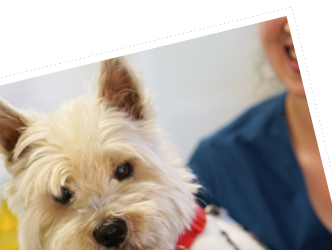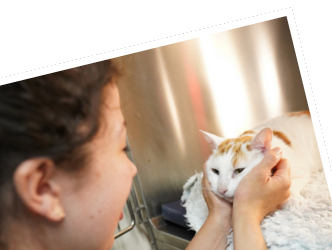
Antifreeze pet poisoning risks in Northamptonshire
January 14, 2024
Antifreeze is something that most pet owners living in Northamptonshire will have around their house once it comes to winter. However, even the smallest amount can be highly dangerous for your cat and dog. The primary danger comes from ethylene glycol which is toxic to all animals
If you even suspect your pet could have ingested antifreeze then contact Daventry Vets immediately on 01327 877767.
Why cats like to lick antifreeze
The reason antifreeze is so appealing to cats and dogs is the sugary taste. They tend to try and lick it off the driveway and cats will lick it off their paws and fur if they’ve walked through it. Once ingested, ethylene glycol is rapidly absorbed into their bloodstream. Your pet metabolises the ethylene glycol producing a number of TOXIC metabolites severe damage to the kidney. Acute kidney failure in cats and dogs due to antifreeze poisoning, can be fatal, cats have a higher mortality rate than dogs – prompt treatment is needed to provide your pet with a chance of recovery.
Call our team immediately on 01327 877767.
Symptoms of antifreeze poisoning in cats
All of the symptoms of antifreeze poisoning can occur within 30 minutes to 24 hours of ingestion. Symptoms to look for include:
- Vomiting
- Diarrhoea
- Lethargy
- Loss of coordination
- Seizures
- Signs of kidney failure including increased thirst and urination
- rapid breathing.
If your cat is admitted to Daventry Vets with suspected antifreeze poisoning, treatments can include induced vomiting( only within the first hour of ingestion) , administering intravenous fluids to support the kidneys.
Protect your cat
To protect your cats and dogs, be diligent about keeping antifreeze containers securely closed and stored out of reach. Clean up any spills immediately, and consider using antifreeze products that contain propylene glycol, which is less toxic but still not entirely safe if ingested in large quantities. Contact Daventry Vets immediately if you are concerned about your pet or if you know they have been exposed to antifreeze.



